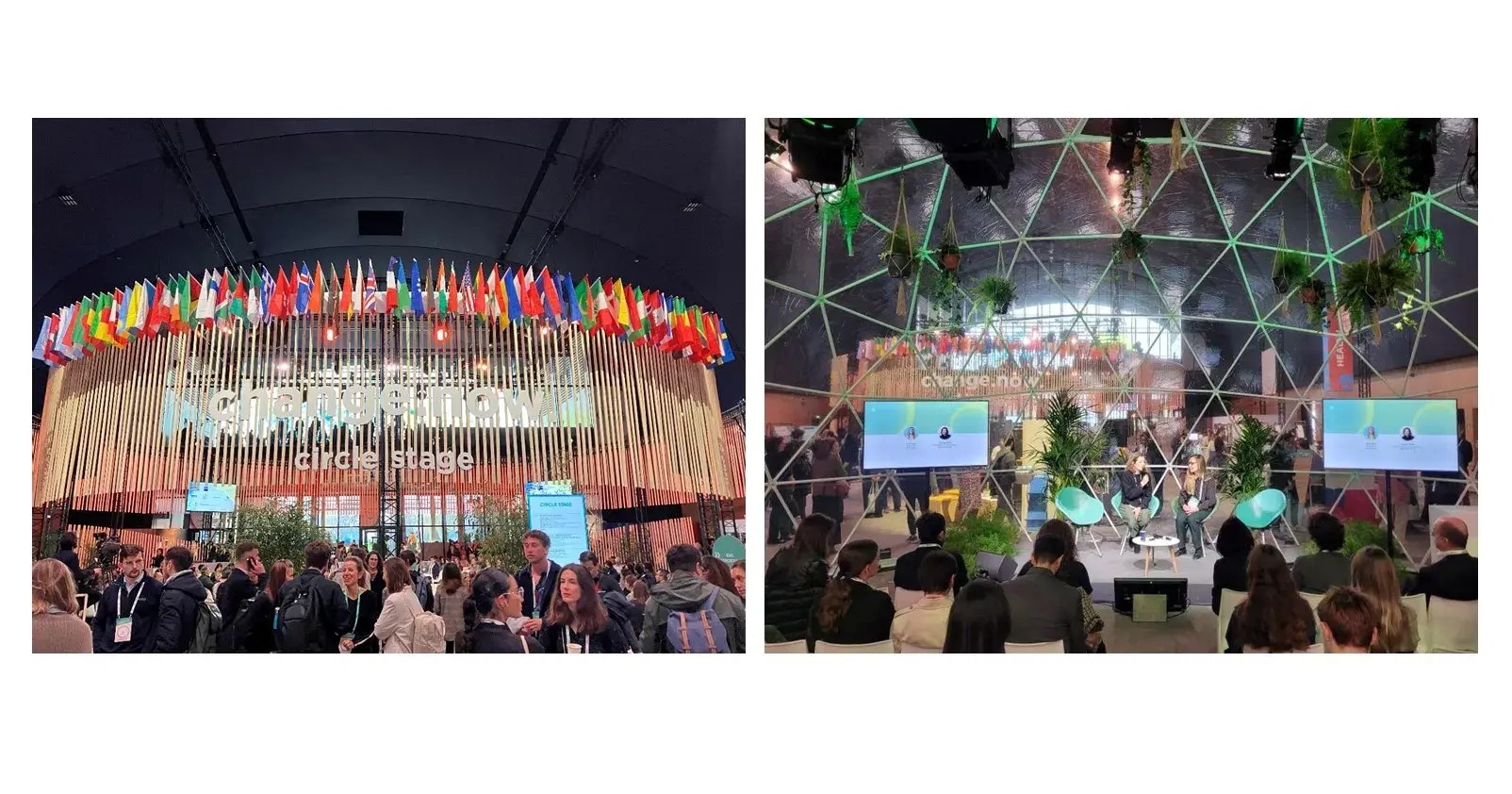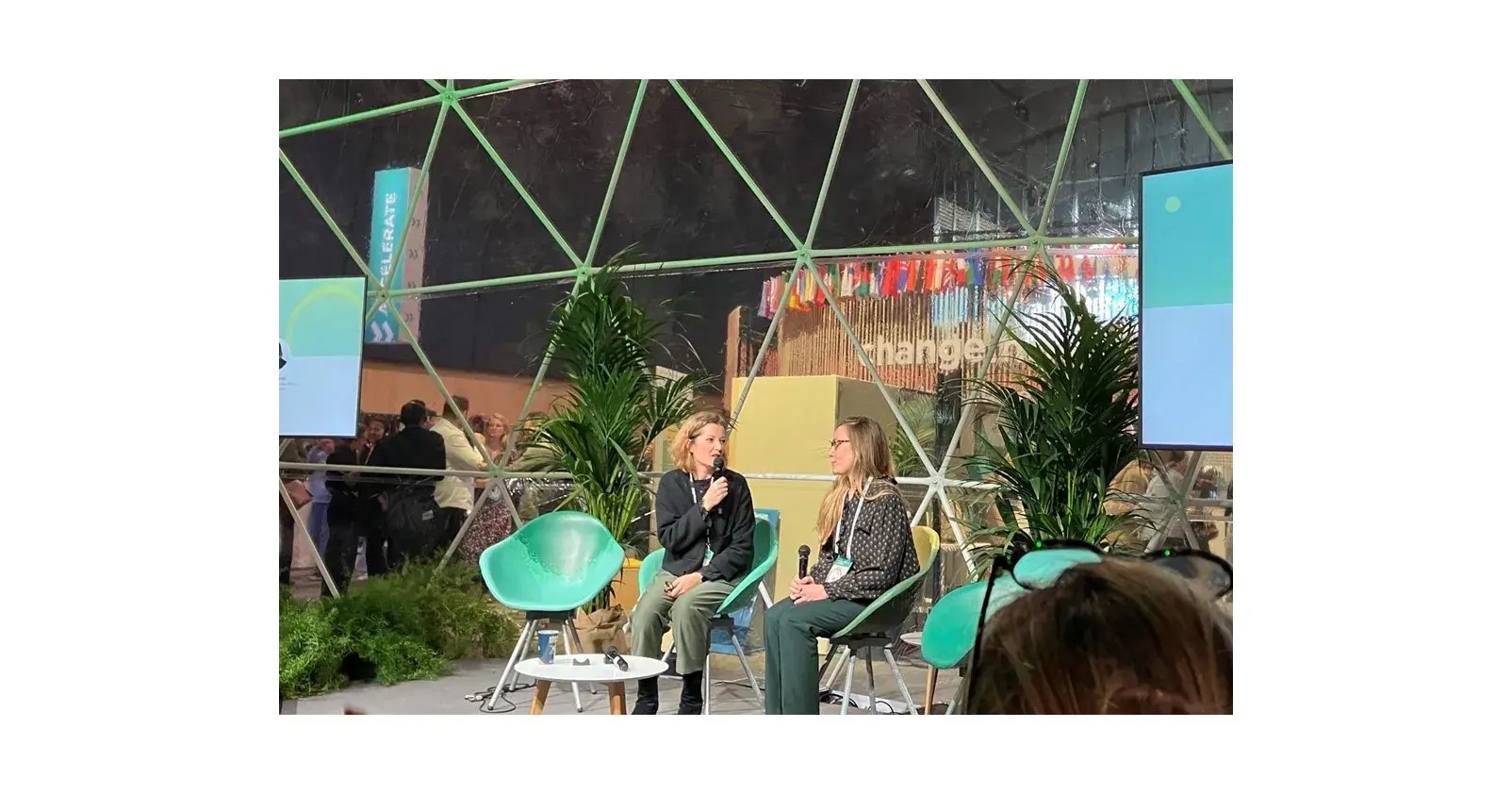BNP Paribas Cardif has been present at the ChangeNOW 2024 edition. The event took place over three days, from 25 to 27 March, bringing together innovative solutions and influential change-makers who are tackling our planet’s greatest challenges to take action together. ChangeNOW builds bridges and creates opportunities for thousands of key agents of change, as part of an inspiring event focused on action.

The event featured exhibitions, conferences, workshops and an LEX (Learning Expedition Tour), addressing subjects such as biodiversity, the sustainable transition and the development of innovative initiatives for the common good.
Antoine Sire, Head of Company Engagement at BNP Paribas, took the floor during the session on “Financing the transition: Can we still make the shift?”

Nathalie Doré, Head of Impact and Innovation at BNP Paribas Cardif, took part in the conference entitled “How can large corporations effectively support impact start-ups?” This initiative has enabled these start-ups to make their voices heard and thus identify their needs and the ways in which major groups can support them. Beem Energy, a French start-up that produces its own energy and that has received support from BNP Paribas Cardif via the C. Entrepreneurs Fund with Cathay Innovation, was also present at the conference.
Shemine Asmina, Venture Capital Lead, Europe and Latin America, was on the jury of the panel tackling the subject of “Health”.
To find out more about BNP Paribas Cardif‘s actions to have a positive impact on the environment and society, visit our CSR page.